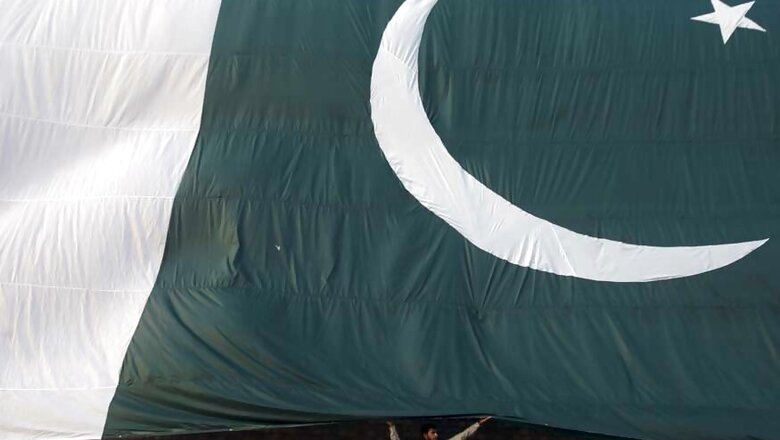
views
Karachi: A minority Hindu lawmaker has said Pakistan might face isolation on international level if Sindh government abrogated the recently-passed Minorities Bill which criminalises forced conversions in the Muslim-majority country.
Dr Ramesh Kumar Vankwani, Patron-in-chief of Pakistan Hindu Council and Member of National Assembly (MNA) from the ruling PML(N) party, has expressed serious concern over reports of Sindh province's move to amend or repeal the Sindh Criminal Law (Protection of Minorities) Bill, 2015.
Vankwani warned if abrogation was done under pressure of "extremist religious parties", this would add to deepen the sense of insecurity among non-Muslims, Dawn newspaper reported on Monday.
He cautioned that "Pakistan might face isolation on international level if the bill was abrogated" as the legislation had addressed growing complaints against increasing incidents of abduction and forced conversion of underage minor Hindu girls, the report said.
Vankwani said in a statement issued yesterday that they were not against the conversion of religion as a result of deep study or preaching but their concerns were linked to forced conversions only.
Terming as "unjustified" the protest of religious parties against the law, the Hindu parliamentarian said, "Why only underage Hindu girls in Sindh are changing religion".
"I am inviting all honourable leaders of religious parliamentary parties to visit Sindh to observe ground facts to see for themselves how the name of a peaceful religion is being exploited by some extremist elements for their personal designs, and due to this, sentiments of non-Muslims are continuously getting hurt," Vankwani said.
He said the situation was causing outrage and trauma among non-Muslim population in Pakistan.
On December 16, Minister for Parliamentary Affairs Nisar Ahmad Khuhro said the Minorities Bill had been sent to the governor for his assent and "whether he gives his assent or not, in both the conditions the bill would be reviewed and amended by the assembly".
The Sindh Assembly last month adopted the bill against forced religious conversions and recommended a five-year jail term for perpetrators and facilitators of forced religious conversions will be handed a three-year sentence.
The Jamaat-i-Islami and the Jamiat Ulema Islam-F were opposing the law, claiming the law is part of a conspiracy to make Pakistan a liberal and secular country.
Jammat-ud-Dawah (JuD) chief and Mumbai attack mastermind Hafiz Saeed opposed the bill on December 5 and threatened to launch a movement against the law.
Cases of forced conversions have regularly been reported from different parts of Sindh province.
According to the South Asia Partnership-Pakistan, at least 1,000 girls mostly Hindus are forcibly converted to Islam in Pakistan every year.













Comments
0 comment